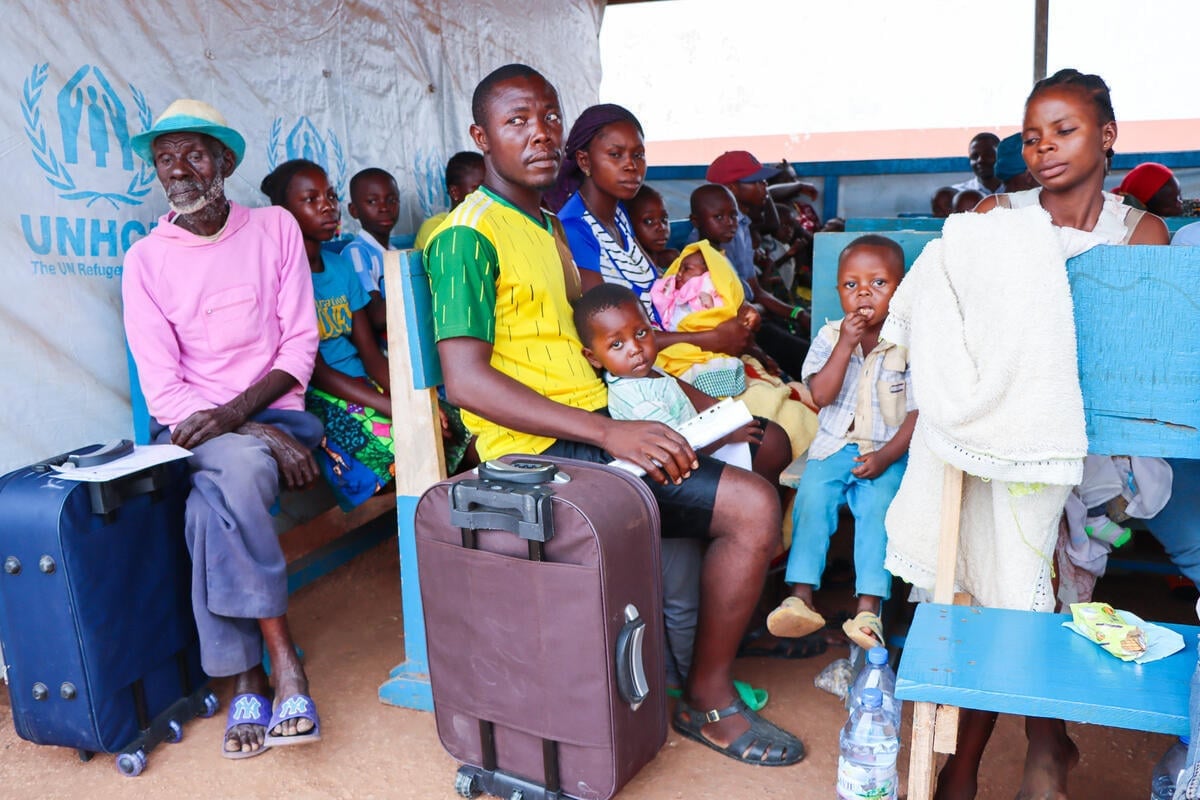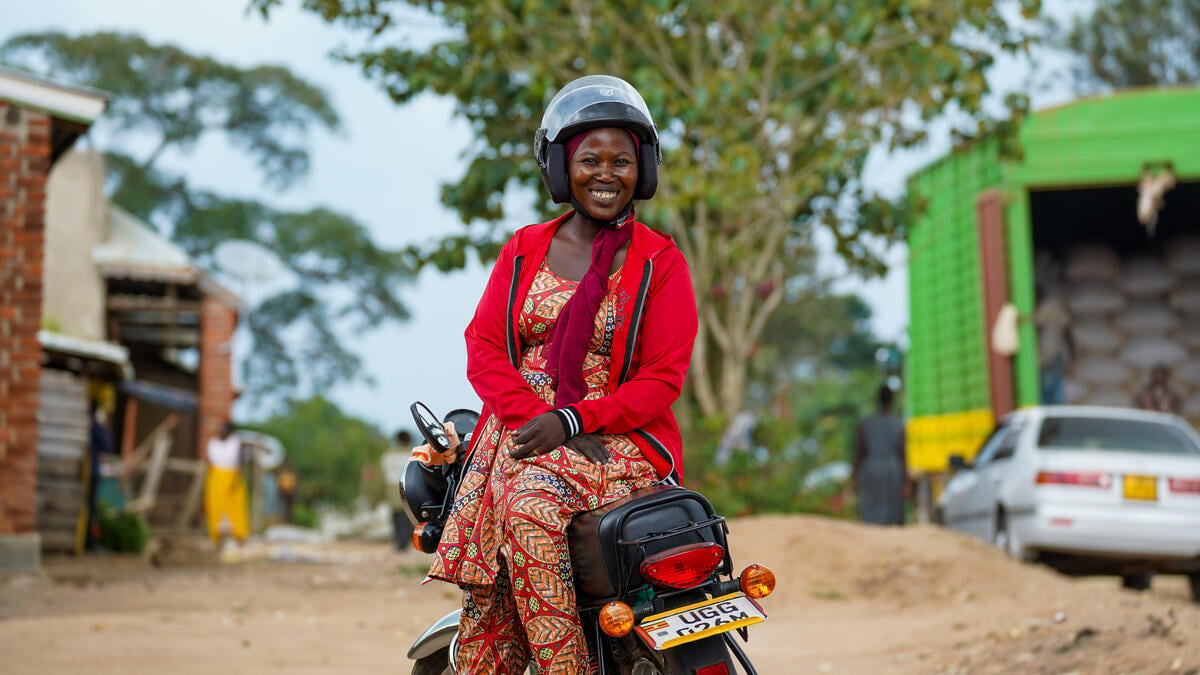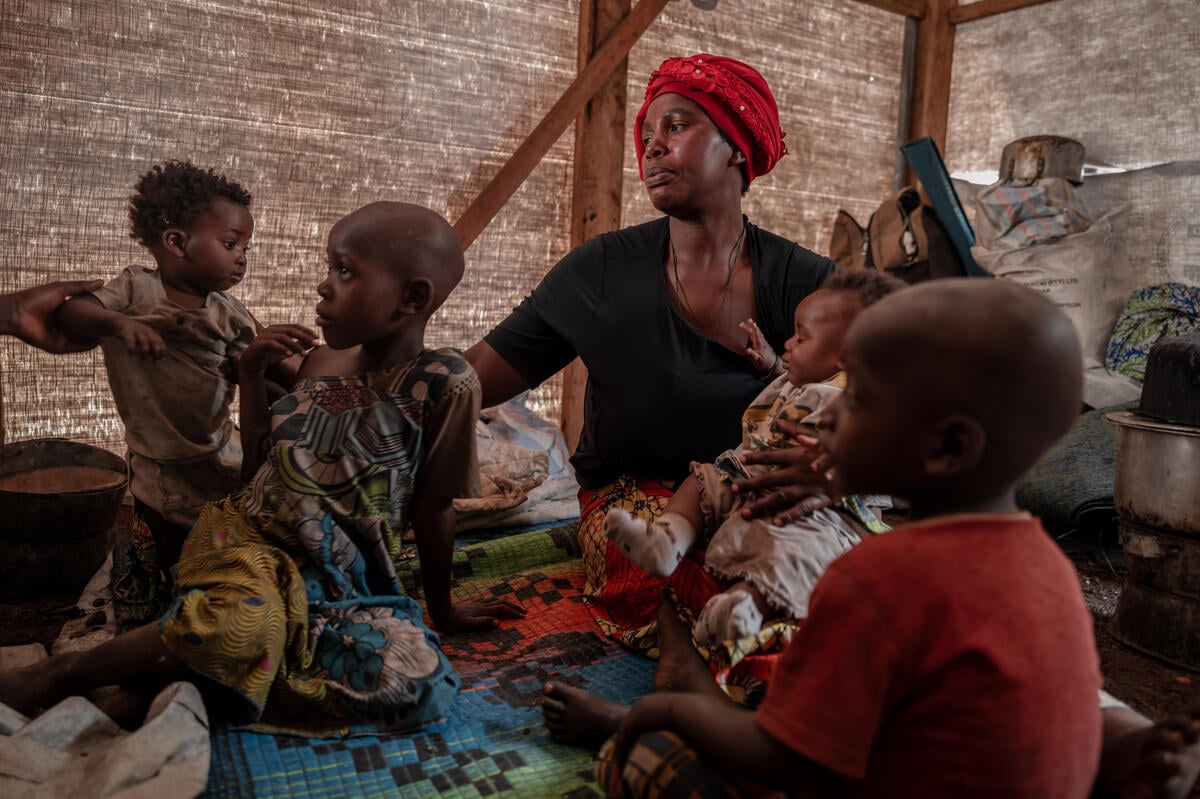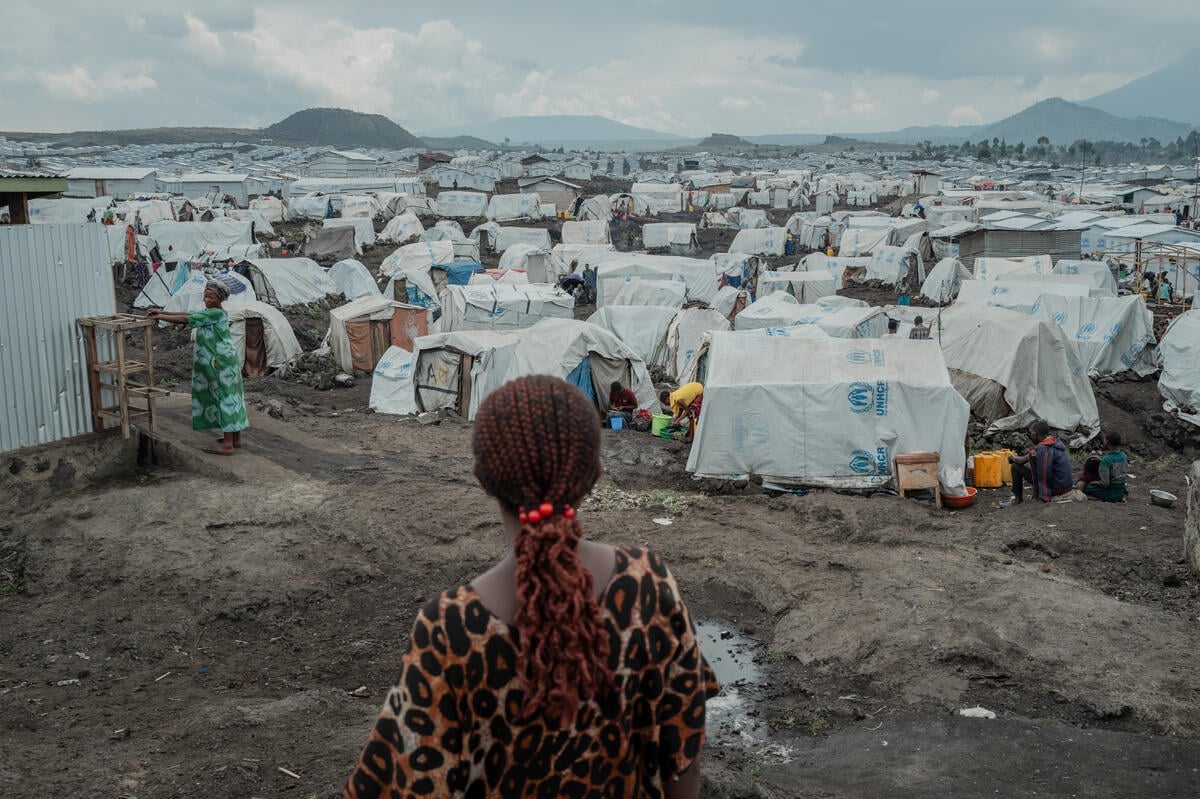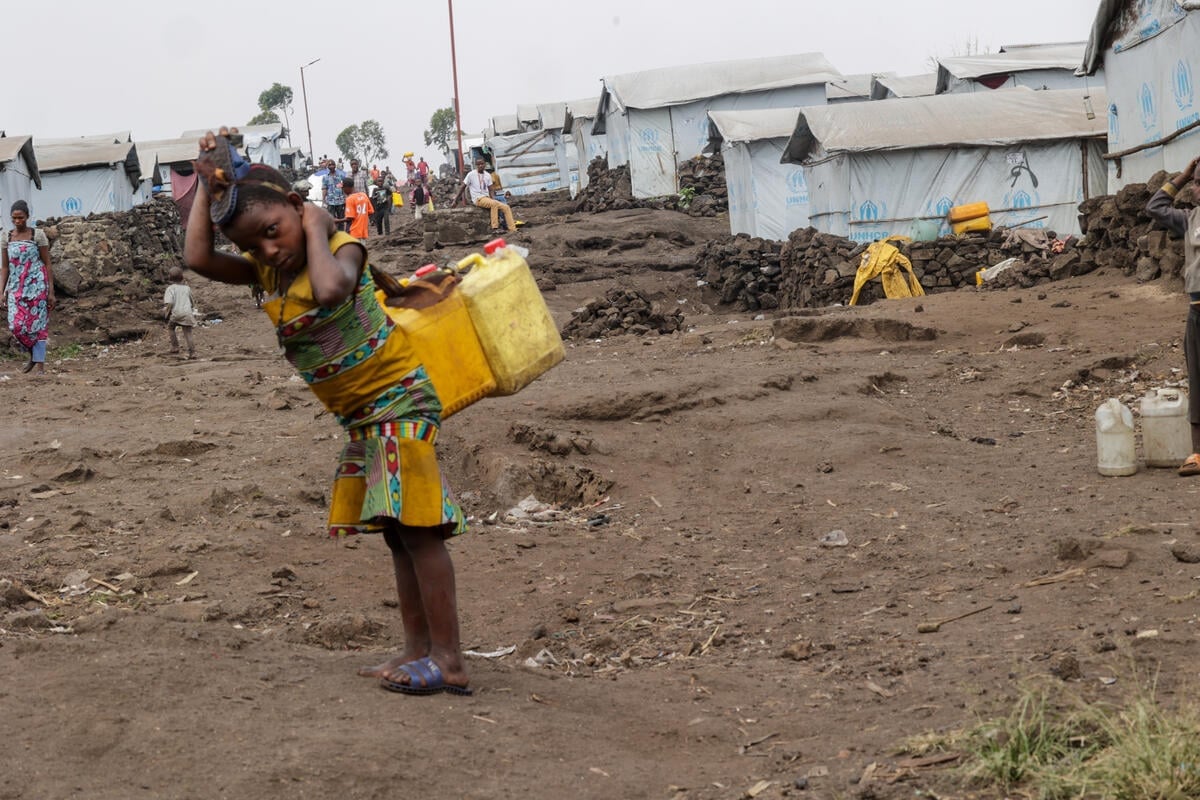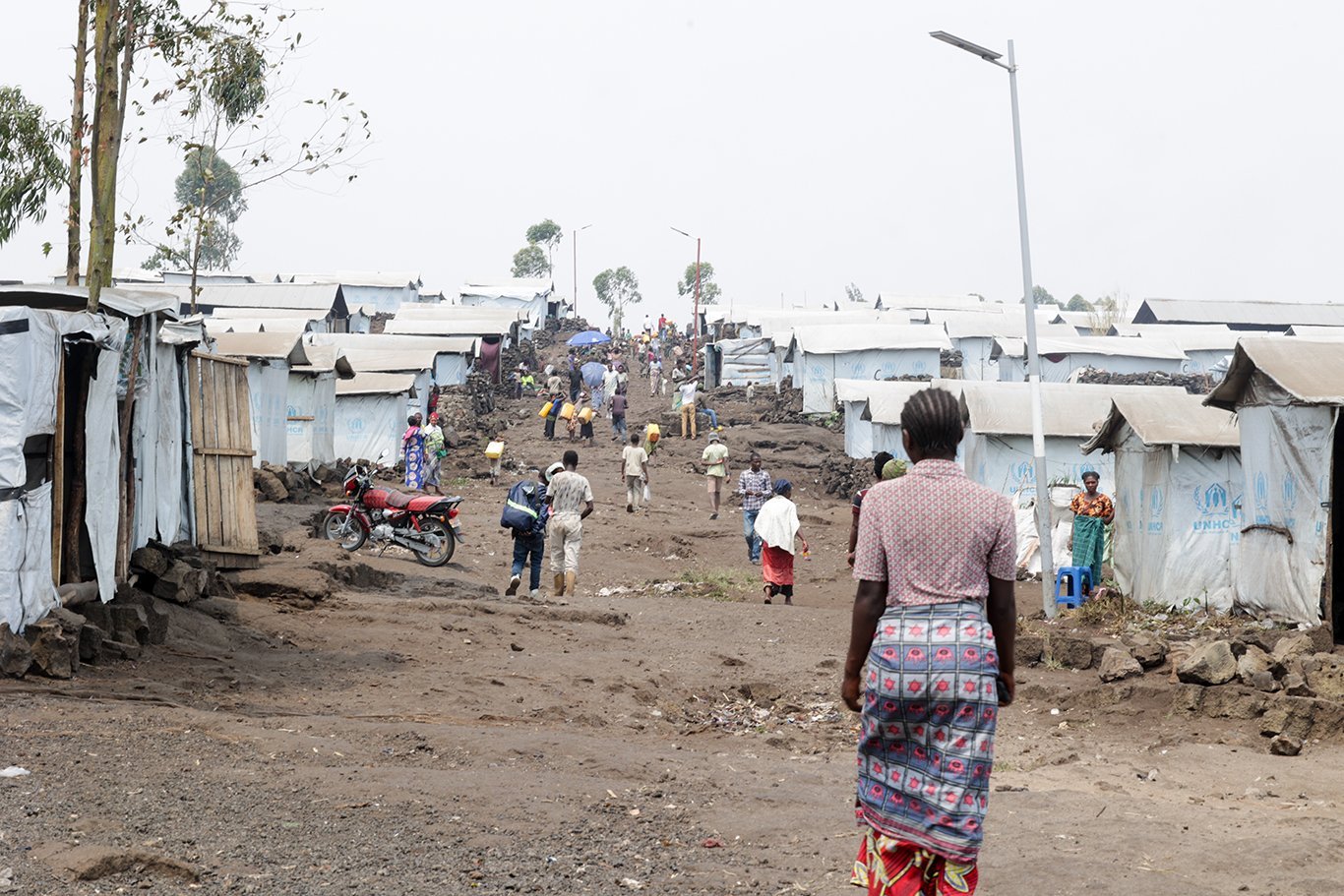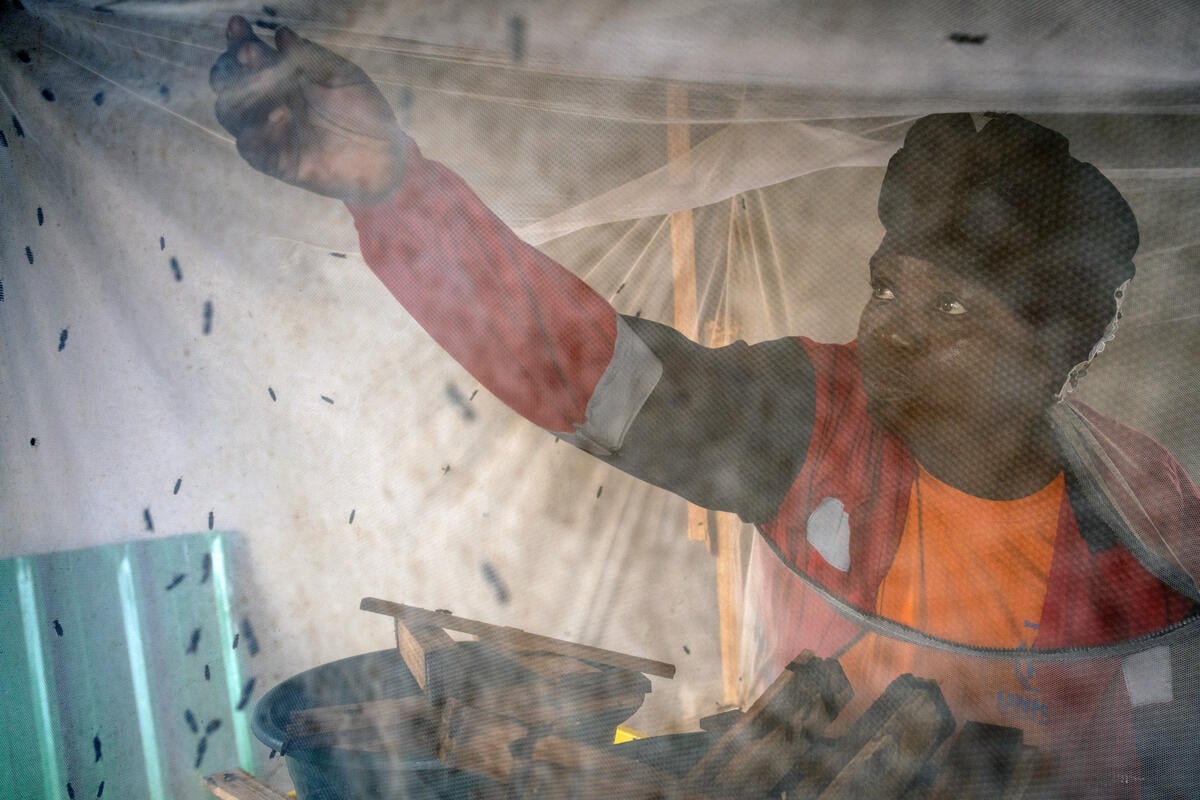Repatriation RoC to DRC Equateur due to start
Repatriation RoC to DRC Equateur due to start
Tomorrow, UNHCR is scheduled to launch the first phase of one of the most logistically challenging major refugee voluntary repatriation programmes we have undertaken anywhere in the world in an effort to return home some 58,000 refugees from the Democratic Republic of Congo's Equateur province who have been living in the Republic of Congo, RoC, for the past six years. The rugged return journey includes crossing dense rain forest, numerous waterways and extremely rough roads.
Some 8,000 refugees have already signed up to repatriate and UNHCR hopes to help as many as 24,000 refugees in RoC voluntarily return home by the end of this year.
The logistical challenges of our operation start in the Republic of Congo where many of the refugees wishing to return are living in sites along the Oubangui river and are only reachable by boat. Locally built wooden boats will collect the refugees from the river sites and then proceed on a 4 - 6 hour journey up the Oubangui river to Libenge. There, returnees will stay overnight at a transit centre, be given hot meals, go through immigration procedures and screening for medical and social assistance. They will also be given relief items such as shelter construction tools, food, kitchen sets, mosquito nets, and plastic sheeting to help them get re-established. From Libenge, trucks will transport returnees to their areas of origin. In some cases, the last part of the journey will have to be made on foot due to the lack of passable roads.
Around 100 refugees are expected repatriate in first return movement from Betou in RoC on Wednesday. Water levels in some parts of the river are still too low for larger boats, so this first trip will start by truck from Betou northwards, transiting through the Central African Republic to shorten the river trip to the DRC.
Equateur is the only province in DRC where UNHCR is currently facilitating refugee return. The situation in Equateur has remained relatively stable over the past two years and many refugees have expressed their wish to return home. We have already helped some 2,000 refugees return to Equateur from the Central African Republic since last year. The repatriation operation from RoC is scheduled to last through 2007.
Once the refugees are home, UNHCR will monitor their well-being, and provide initial reintegration assistance in the areas of shelter, health, education and income generation through projects already underway in cooperation with our implementing partners AHA, AIDES, GTZ, Memisa and CDI Bwamanda.
UNHCR has appealed for $15.6 million for the programme for this year. The funds are needed both for the return to Equateur province as well as to help returnees who have come back on their own to South Kivu. So far, we've received nearly $5.5 million, or 35 per cent of the funding needed.


